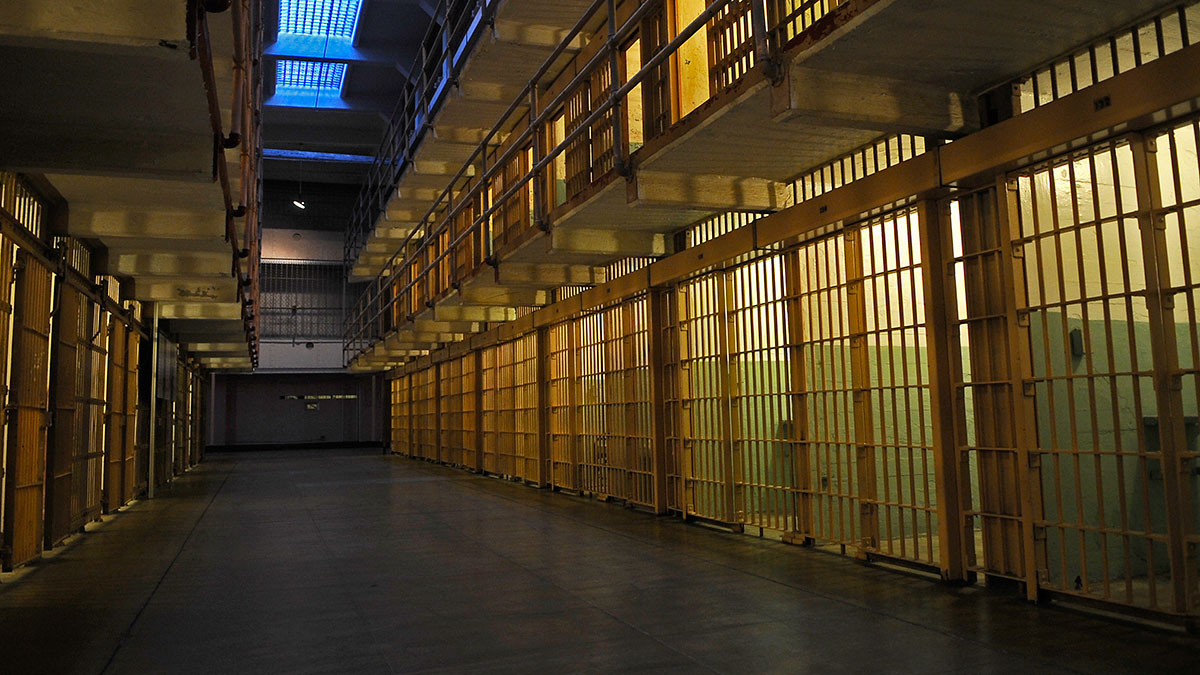 Supplied - Biggunben
Supplied - BiggunbenEarlier this month, Prime Minister Stephen Harper introduced new legislation that would put criminals convicted of certain “heinous” crimes such as murders involving sexual assault or the killing of police officers, behind bars for up to 35 years before applying to the Public Safety Minister for “exceptional release.” But while the bill claims to protect Canadians from dangerous criminals, it instead ignores real threats to society and plants fear where it’s not warranted.
Along with Bill C-51, the “Life Means Life” bill aims to make Canadians feel like we’re in danger, and the only way to safety is through the Conservative government. At first, it might seem like a fine idea to increase jail time for certain offences, but there are many other factors that must be considered.
It’s expensive, for one thing. It costs, on average, nearly $115,000 to incarcerate a prisoner for one year in a federal prison.
It’s also potentially dangerous. Imprisonment with no chance of release gives offenders little incentive to behave well. In order to be granted parole, an inmate must show the Parole Board of Canada (PBC) that he or she poses no threat to public safety, motivating offenders seeking parole to practice acceptable social behaviours while in prison. Harper’s “Life Means Life” convicts will have little reason to pursue decent behaviour, likely posing an increased threat to prison guards and other inmates.
Mostly though, it’s just unnecessary. Regarding eligibility for parole after 25 years, Justice Minister Peter McKay says, “that means that even the worst and most violent offenders do have the opportunity to roam our streets, walk among our innocent and unsuspecting population and potentially kill again.” But McKay is clearly ignoring the full parole grant rates, and more significantly, the rates of recidivism. According to the PBC, only 21.8 per cent of male offenders and 37.8 per cent of female offenders who applied for full parole in 2012 were granted it. Of those granted parole, only 0.5 per cent reoffended with a violent act.
The intention can’t be to deter people from committing crimes, because it’s pretty obvious already that if 25 years — or morality — wasn’t a deterrent, life in prison with no chance of parole certainly won’t be. And the intention can’t just be to keep dangerous criminals out of the community, because that power already lies with the justice system. So what’s the point then?
Harper says he wants to ensure criminals are punished according to the severity of their crimes. But if we intend to uphold the Old Testament eye for an eye mentality, then where’s capital punishment? The bill’s narrow scope only targets criminals who are already likely to see harsh repercussions. If Harper is really trying to dish out justice where it’s due, then perhaps a better solution would be to address the horrendously low conviction rate for sexual assault offenders.
In Canada, approximately one in 10 instances of sexual assault is reported to police, of which only a third will be charged, and approximately half will serve time in prison, meaning an astonishing majority of sex offenders aren’t punished according to the severity of their crimes.
This bill addresses a very specific group of people — incidentally the most extreme criminals — when the real justice issues are nowhere to be found.
Ultimately, the “Life Means Life” bill is right on par with the Anti-Terror Bill and Harper’s comments about niqabs. They push fear for free, hoping you’ll buy the promise of safety with a vote.




